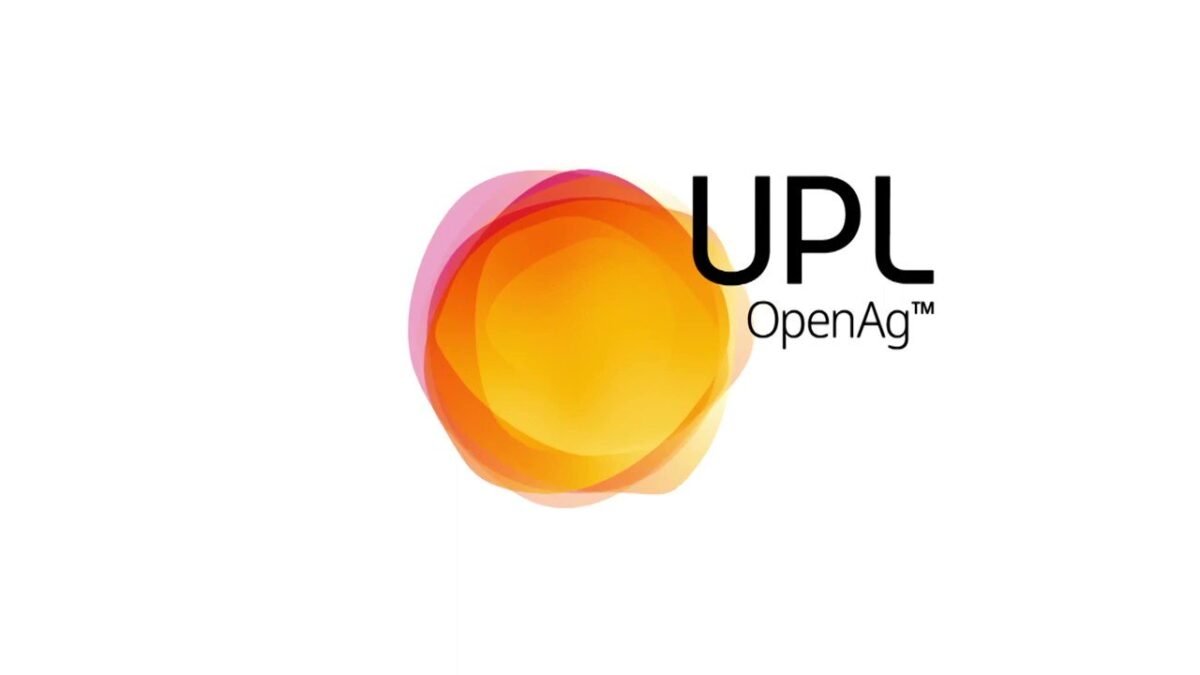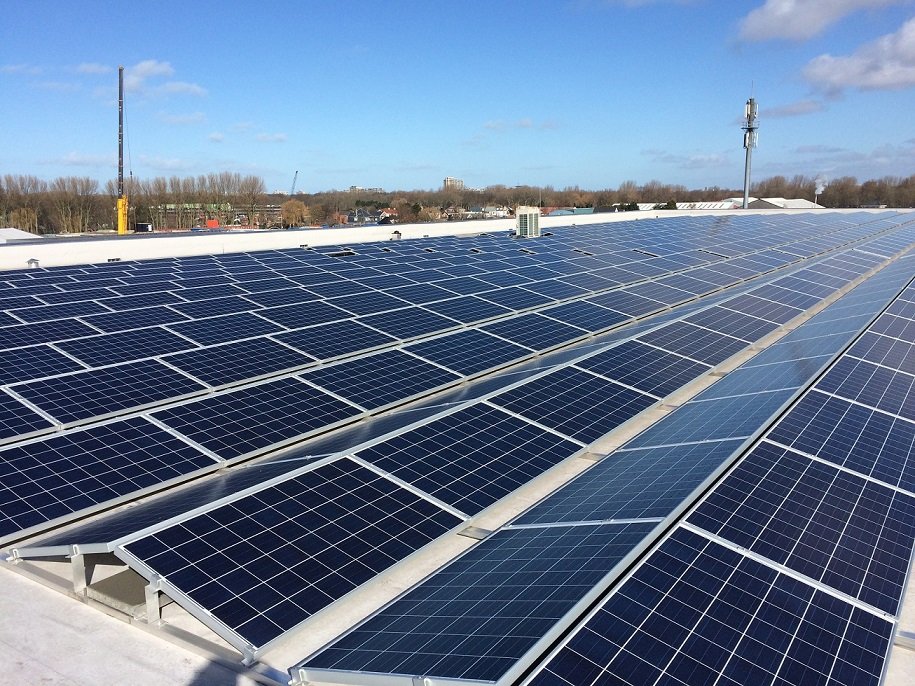UPL acquires 26% stake in renewable energy company Clean Max Kratos
This project will enable UPL to increase its renewable energy usage to 30 per cent of its total global power consumption from the current level of 8 per cent.
Agro-chemical major UPL Ltd announced that company has acquired a 26 per cent stake in Clean Max Kratos Pvt Ltd, which is into renewable energy. Clean Max was incorporated on July 28 with paid up capital of Rs 1 lakh. The company, which is into solar/wind power generation, is yet to commence operations.
UPL Ltd mentioned in a regulatory filing that Clean Max Kratos would develop and maintain a hybrid 28.05 MW solar and 33 MW wind power project under the captive model as envisaged under the electricity laws.
The filing also mentioned that UPL will initially acquire 2,600 shares of Rs 10 each (26 per cent stake of paid-up share capital) in Clean Max Kratos for a consideration of Rs 26,000. UPL will further invest, in one or more tranches, about Rs 39.60 crore in Clean Max Kratos maintaining its shareholding to 26 per cent of the paid-up share capital.
Jai Shroff, Global CEO of UPL, said, “At UPL, we are committed to reimagining sustainability internally as well as with our farming partners. Ensuring we have access to reliable, clean energy will help realise that vision as we significantly reduce our carbon footprint.”
This project will enable UPL to increase


